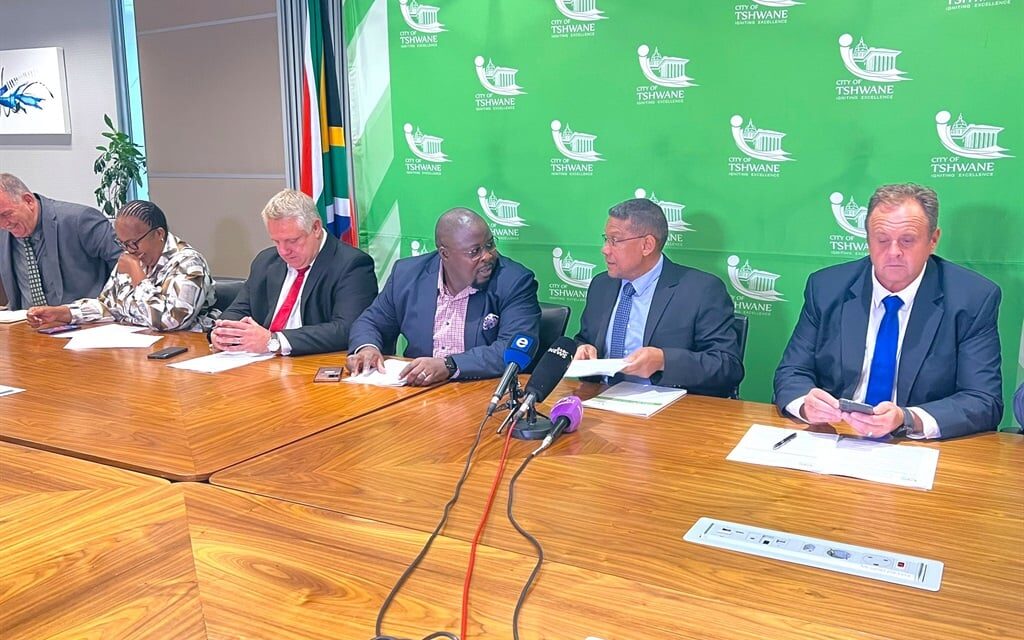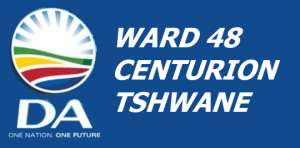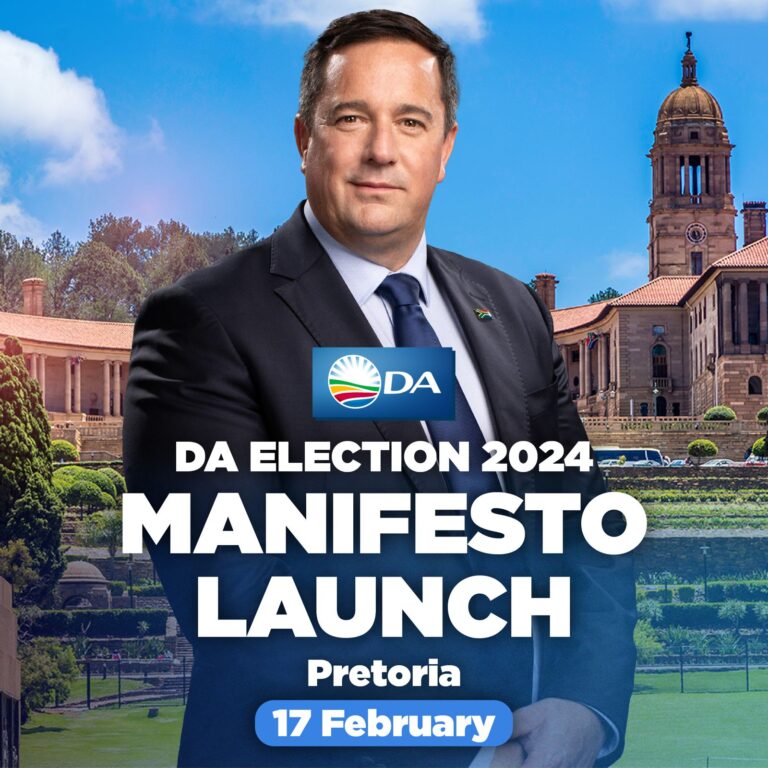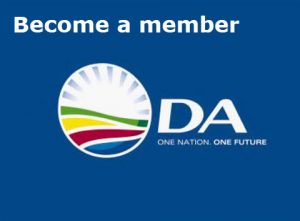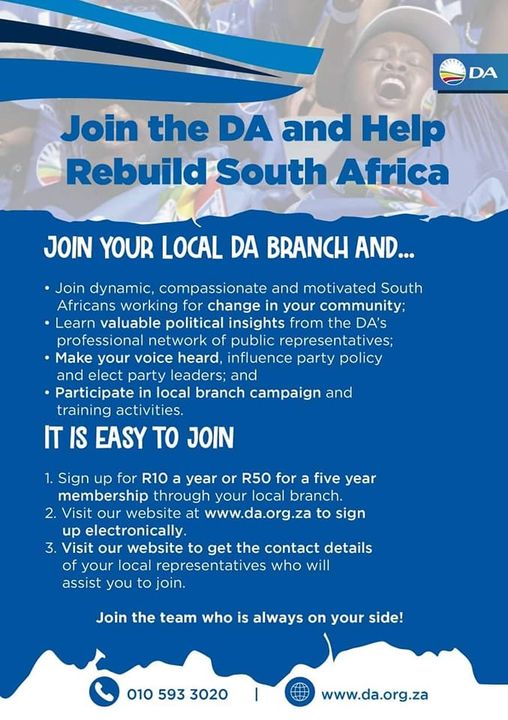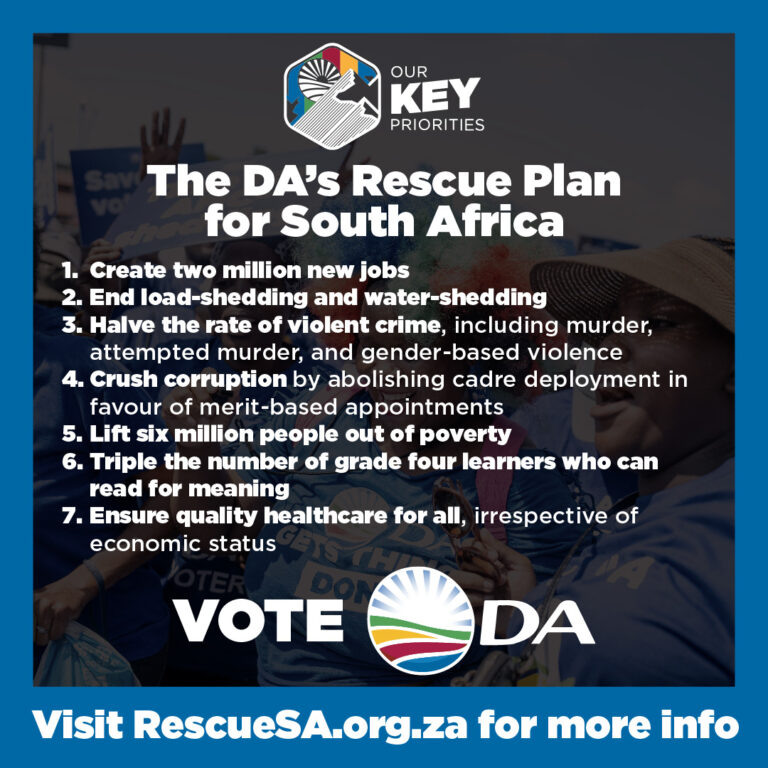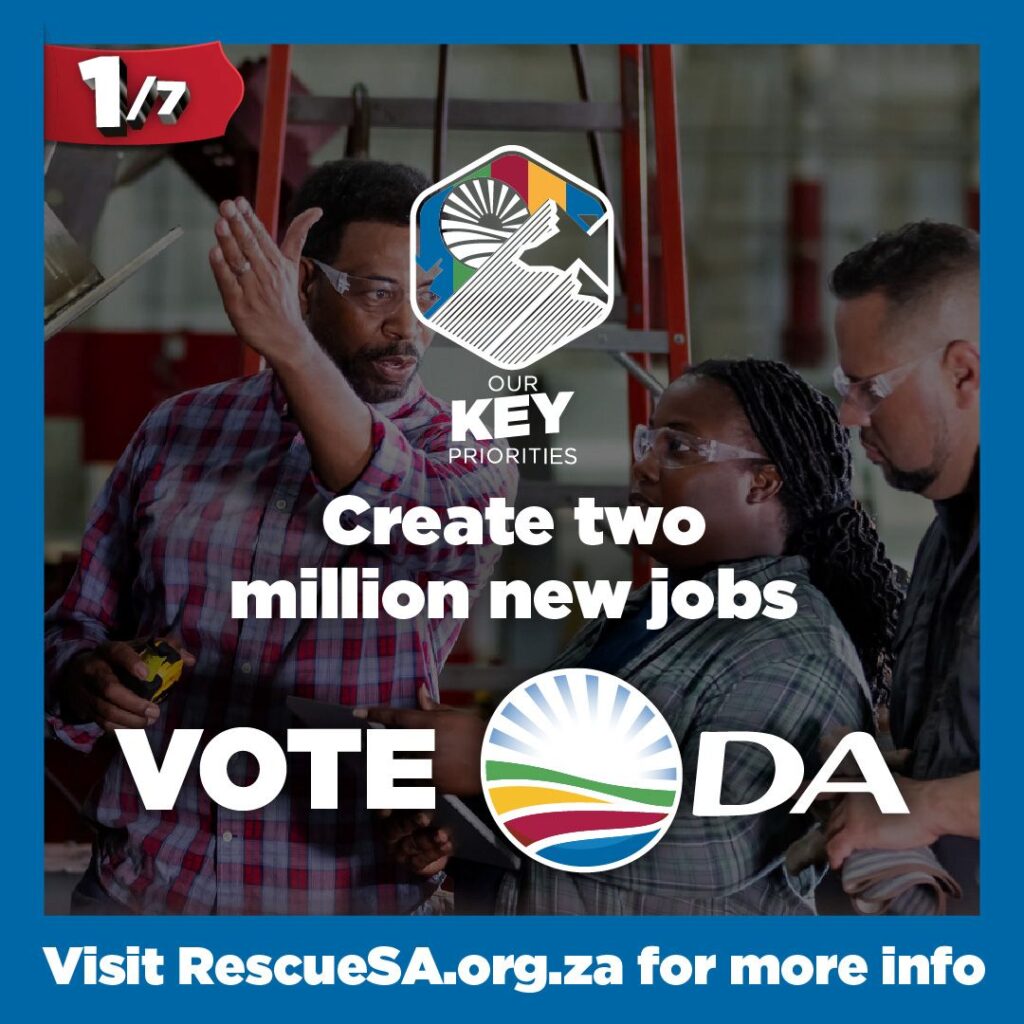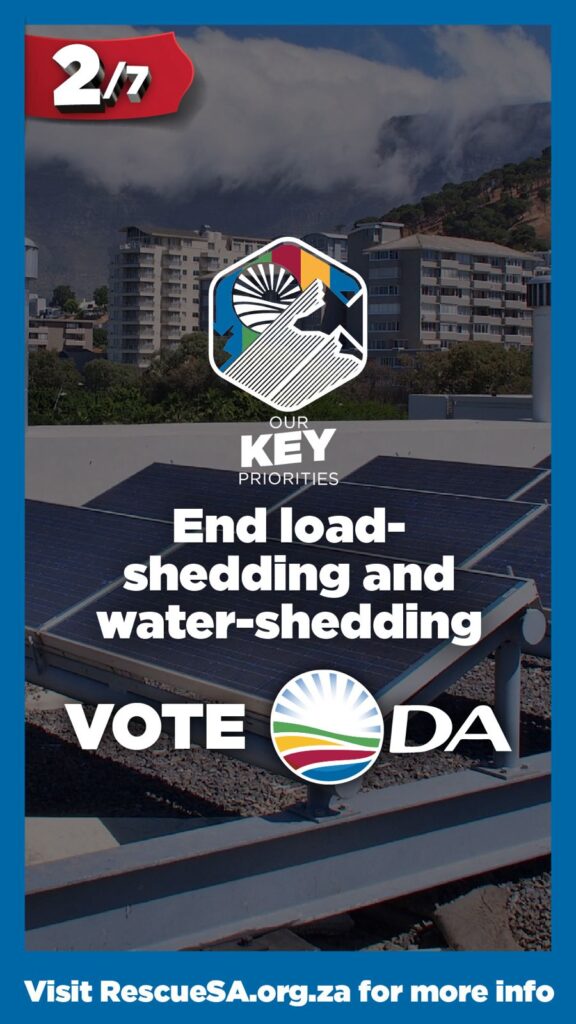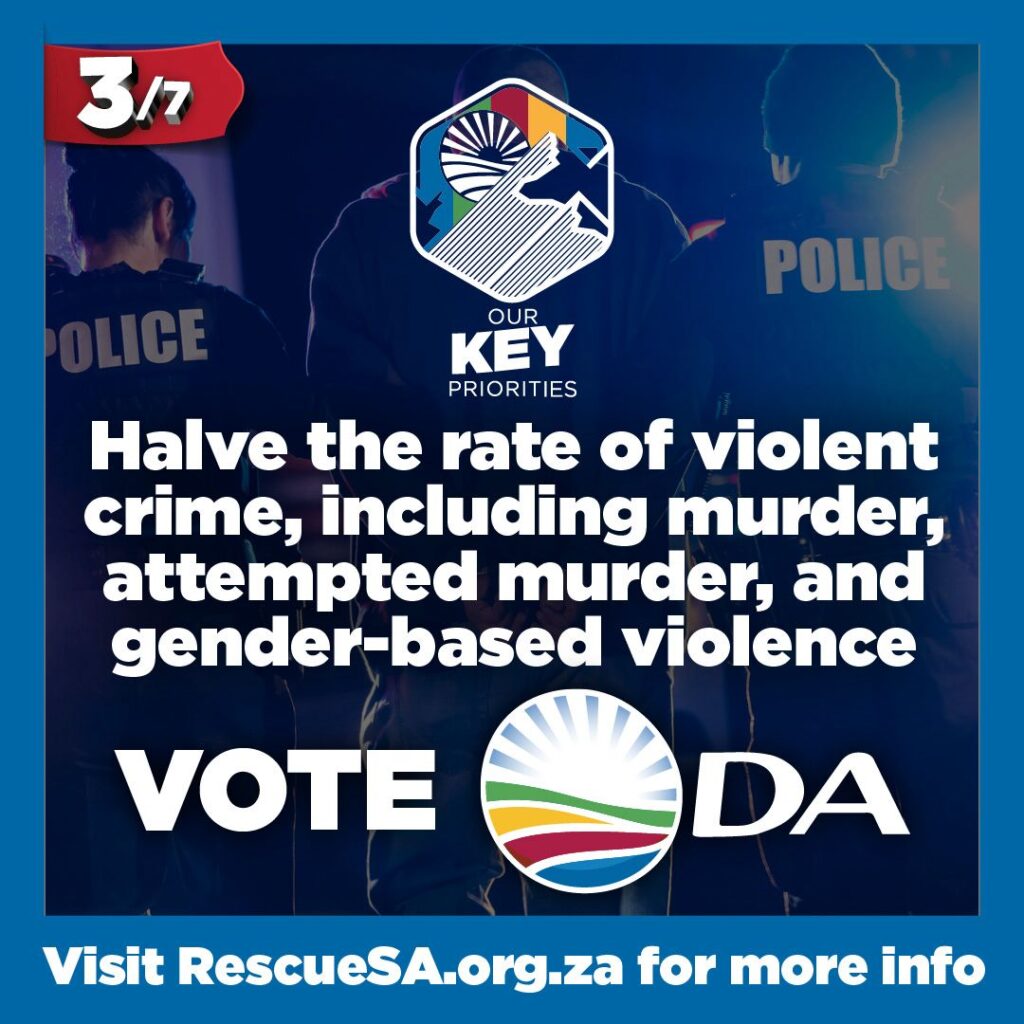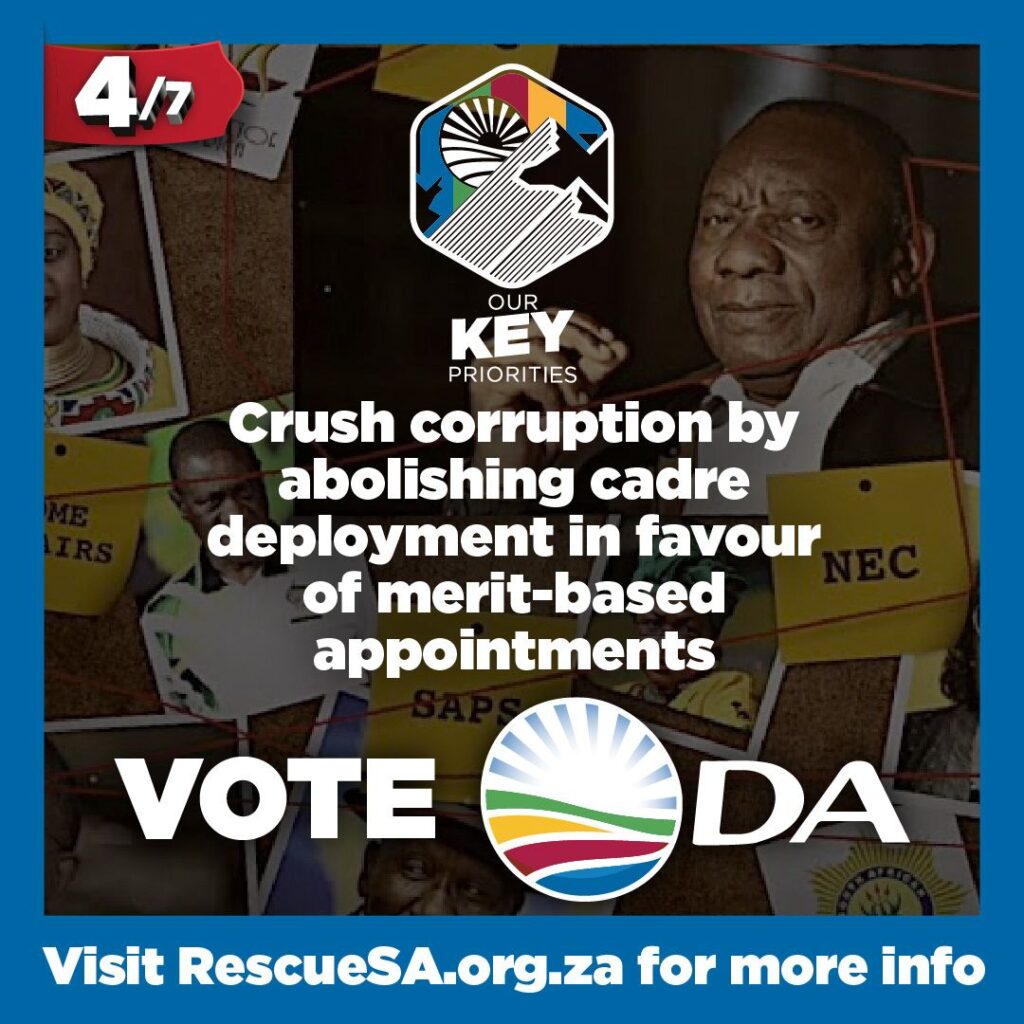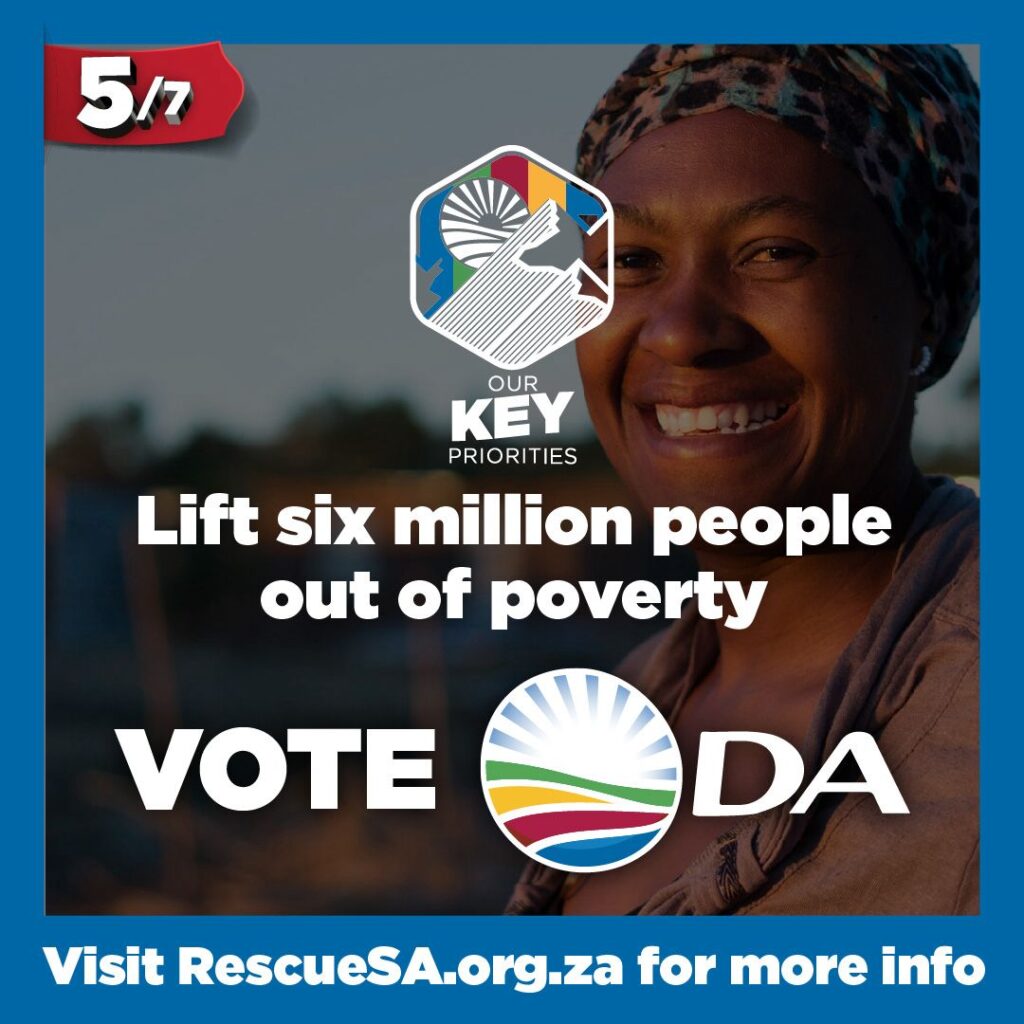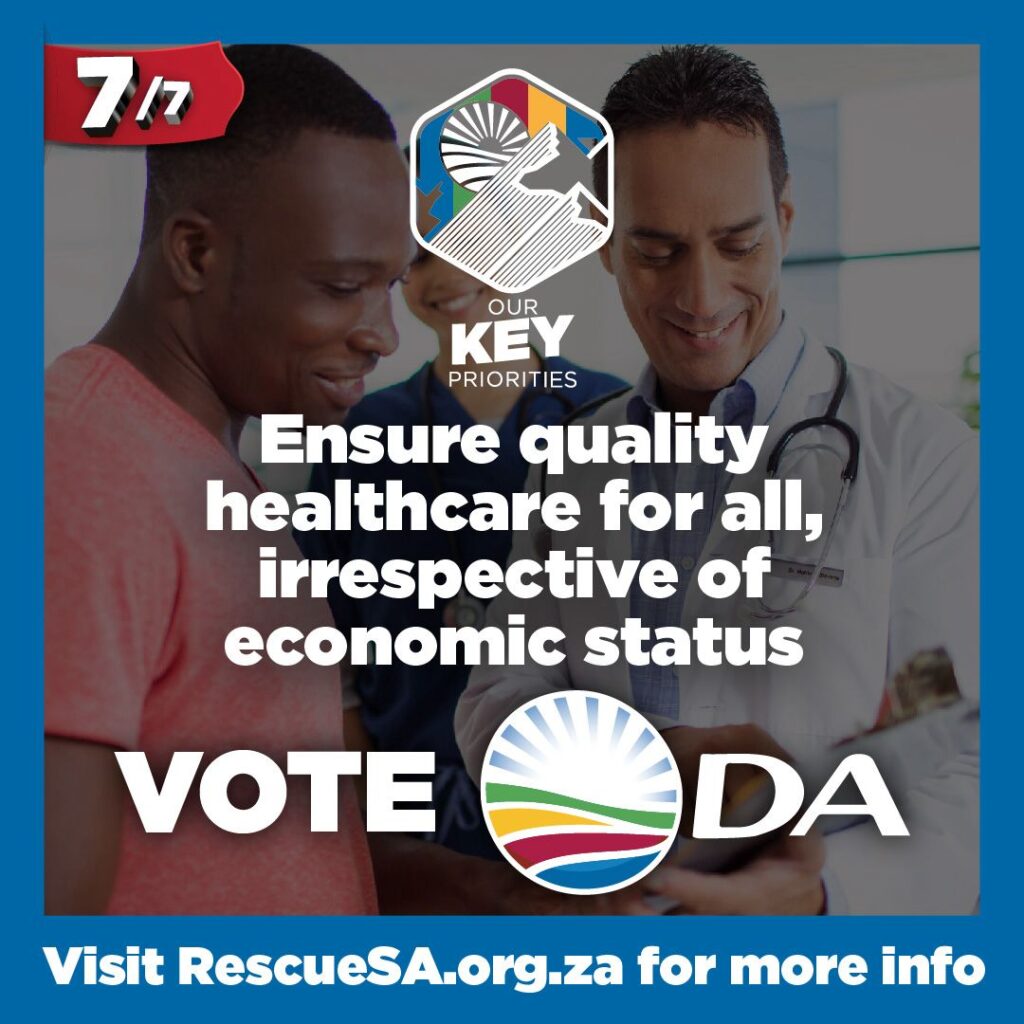The City of Tshwane’s coalition government, made up of six political parties, on Monday celebrated a year at the helm of the council, despite the instability of coalition governments in other parts of the country.
In November 2021, Randal Williams was elected unopposed as Tshwane mayor after the DA won 32.03% of the vote, giving it 69 seats during last year’s local government elections.
While the ANC received more votes, garnering 34.63% of the vote, which gave it 75 seats, it failed to obtain a clear majority.
It led to the smaller parties, including ActionSA, Freedom Front Plus, ACDP, IFP and Cope, banding together with the DA to form a coalition government.
To commemorate the alliance government’s first anniversary, Williams highlighted some of the service delivery progress since coming into office.
“In the 12 months that we have been in office, we have put the interests of Tshwane residents as a top priority by identifying 10 strategic focus areas to develop the city and fast-track service delivery,” said Williams.
The strategic areas of focus include:
- Prioritisation of the electrical grid and water infrastructure;
- providing stringent financial management and oversight;
- facilitating a business-friendly city that promotes employment and economic growth;
- enhancing the city’s safety, security and emergency services; and
- maintenance and expansion of road infrastructure and public transportation, among others.
“Along with the top strategic plans, core basic service delivery has been a priority for our coalition government. We strongly believe that visible service delivery of day-to-day operations is important,” said Williams. He said the City managed to “cut over 183 million square metres of grass, and we have repaired over 75 000 potholes and 60 000 streetlights”.
“We have repaired about 46 000 water leaks, and over 23 000 sewers have been unblocked. Our coalition government is committed to maintaining and refurbishing our critical infrastructure … these are some of our achievements this year.”
Given the water challenges in the metro, Williams said the coalition government had prioritised water infrastructure maintenance.
“We allocated R75 million for the replacement of worn-out water pipes in Pretoria north, Mamelodi, Eesterust, Constantia Park and Moreletapark and many other areas,” he said.
Williams said the coalition government was in the process of addressing energy challenges in the metro through refurbishing and upgrading numerous substations as well as increasing access to electricity, “with a total of 2 588 new electricity connections” being achieved during the 12 months since November 2021.
Despite these achievements, Williams said the accomplishment that needed to be praised was that the six parties managed to remain in partnership, despite most coalition governments having collapsed across the country.
“It’s now been a year since we formed our multiparty coalition government, following the results of the November 2021 local government elections. Given the fragility of coalition governments in our country, I am pleased that, in the City of Tshwane, we have been able to work together for an entire year without the coalition collapsing,” said Williams.
He said the secret to a stable coalition was having “common principles and commitment to drive service delivery and stabilise the City’s precarious financial situation”.
“The six of us, together, have a majority coalition government, which gives the advantage of being able to vote as a solid vote in the council. This is what sets the City of Tshwane apart from the other Gauteng coalition governments.”
